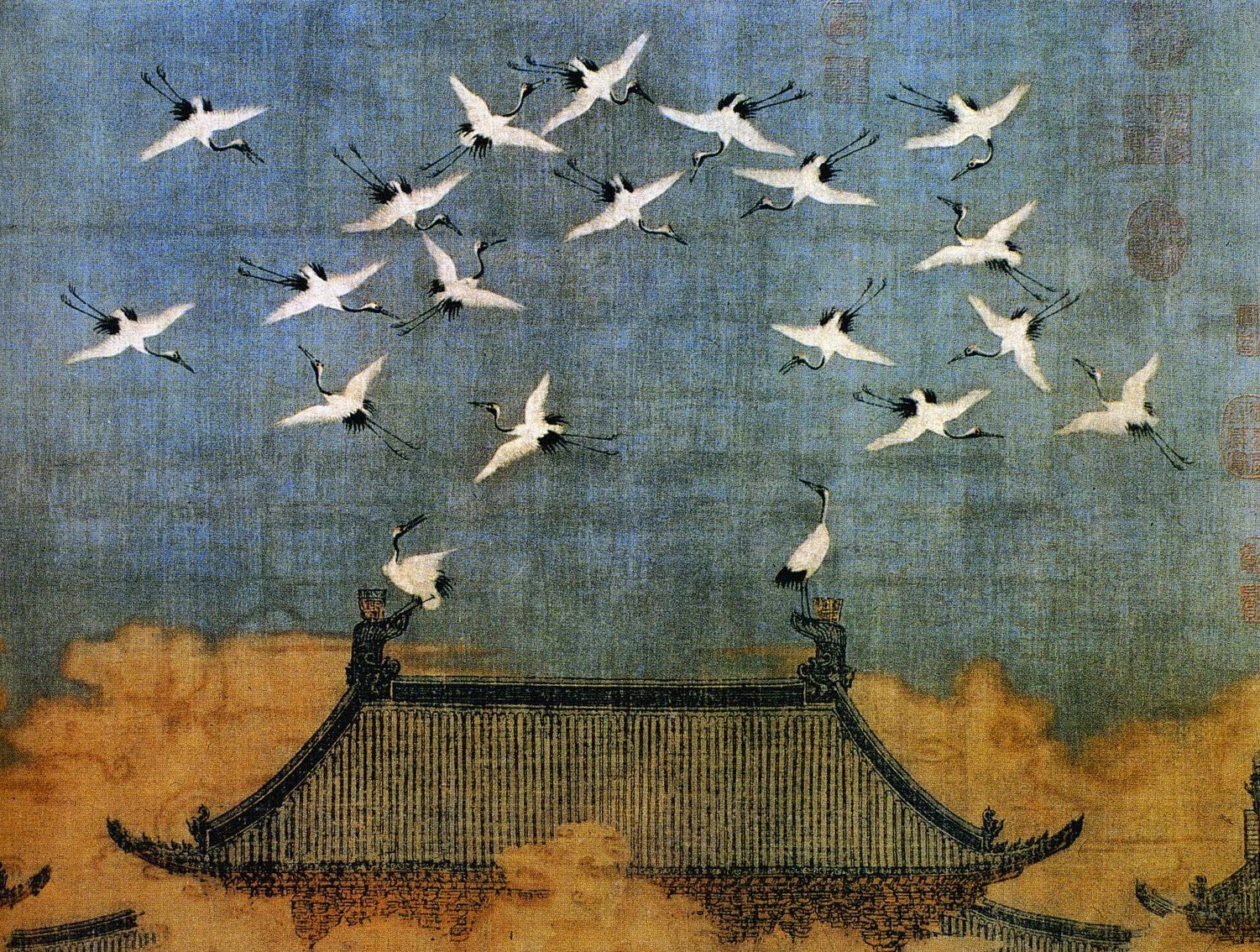The Chinese Army massacred protesters in Tiananmen Square and in surrounding streets in Beizhing, and in cities across China, after 7 weeks of unprecedented protests led not only by students, but by Chinese workers. Brute force won out over hope and courage 25 years ago today.
And now the Chinese government continues its effort to erase the memory of those events, or to change it into something totally unreconcilable to what really happened; for example, an "attack" upon the People's Army in which soldiers were "martyred" trying to put down an insurrection.
The Chinese regime came to power by violence. Mao himself said that freedom comes through the barrel of a gun (a sentiment shared by many in the USA). Older Chinese at the time of the protests warned that the regime would use violence to preserve their hold on power, and it did.
In many respects Deng Xiaoping was the creator of post-modern capitalism; the idea that markets do not need democracy to thrive, that they can flourish under conditions of autocracy. And indeed, the last 25 years in China have proven him right. China is now the world's second largest economy. In 1989, it had an economy a fraction of the size of Taiwan's. Now, it stands poised to supplant the USA in the role of global hegemon. Other aspiring autocrats such as Vladimir Putin, Arab World despots, and ambitious oligarchs in the West bent on subverting democracy have certainly taken notice. Liberal democracy is not necessary to get rich. "Let part of the population get rich first" easily translates into hymns of praise to "job creators."
There are a lot of Westerners with business interests in China who would also prefer to forget the events of May and June 1989, a pothole in a road to success.
There are a lot of Westerners with business interests in China who would also prefer to forget the events of May and June 1989, a pothole in a road to success.
As Fang Lizhi notes, all that success was built on the backs of Chinese workers and on the blood of those killed on June 4, 1989.
Moreover, the claim that Deng “lifted” millions from poverty confuses the doer and the receiver of action. To the extent that economic “lifting” has happened in post-Mao times, it has been the menial labor of hundreds of millions of people—working without labor unions, or a free press, or a neutral judiciary, or protections like OSHA rules—that has done the heavy lifting. This workforce has improved not just the lives of the millions themselves but, even more, of the Communist elite, who in many cases have soared to stratospheric heights of opulence. World Bank figures show that in China the Gini coefficient, which measures income inequality in populations, has skyrocketed from 0.16 before Deng’s reforms to a current 0.47, near the high end of the scale. This dramatic change has much less to say about “hundreds of millions” than it does about one of the maxims that Deng delivered at the outset of reform: “Let a part of the population get rich first."
--Fang Lizhi, from a review of a new biography of Deng Xiaoping by Ezra Vogel, 2011
But, while the history textbooks are written by the winners, it's the losers who have longer memories.
When I was forced to remove my black armband in 1989, I thought that would be the end of it. Bodies had been crushed, lives destroyed, voices silenced. They had guns, jails, and propaganda machines. We had nothing. Yet somehow it was on that June 4 that the seeds of democracy were planted in my heart, and the longing for freedom and human rights nourished. So it was not an ending after all, but another beginning.
--Rowena Xiaqing He


1 comment:
May China have a memor-able "May 35th".
Post a Comment